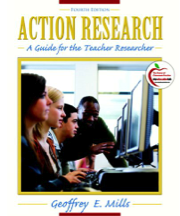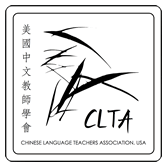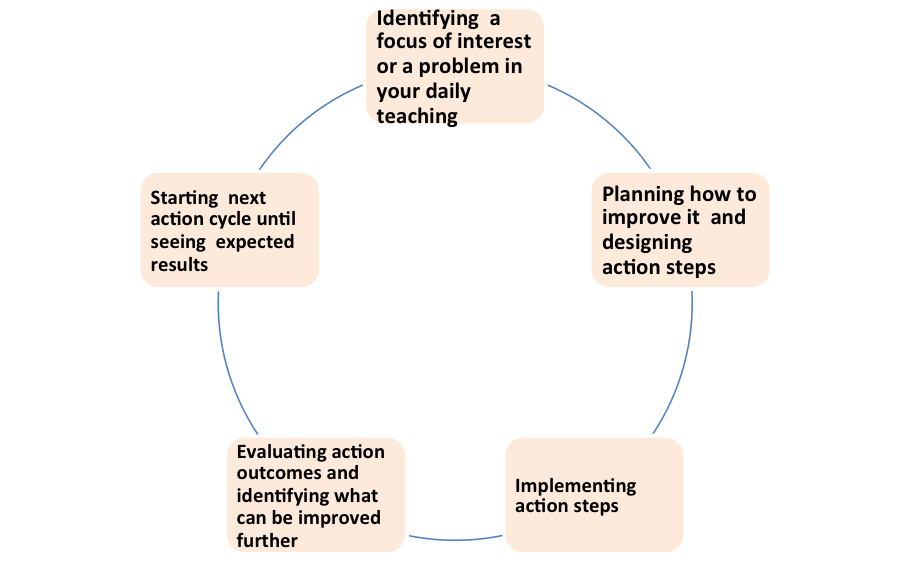CALL FOR PROPOSALS
The Chinese Language Teachers Association invites proposals for the CLTA Action Research Award, which was established in 2013. The award aims to support action research projects that enhance Chinese language instruction in the classroom. Beginning in 2023, a new category has been introduced to the award, specifically targeting action research that promotes program connection, collaboration and development. Each category will have one recipient, resulting in a total of two recipients, each receiving $500. Upon receiving the award, recipients are expected to present a paper at the annual meeting of the CLTA within two years upon receiving the award. The funding period normally is one year.
Awards:
The CLTA Action Research Award will provide up to $500 to a current CLTA member conducting action research to improve classroom teaching practice, such as teaching methodology and approaches, or to improve the learning situation in which the practice takes place. The award winner must present research results with strong evidence of an improved teaching approach or a learning environment in Chinese L2 instruction. Award funds may be used for purchasing supplies and teaching tools needed for the research or for presenting research results at the CLTA conference.
Action research is different from the traditional empirical research. The action research is conducted in a real classroom teaching situation and the research itself is part of natural teaching. The primary focus of the action research is to improve what teachers have been doing in their daily teaching rather than to experiment on a new method or to propose a new theory. Thus, the proposal for the action research must spell out a clear research cycle to take place in daily teaching environment. Below is an example of a research cycle for classroom action research.
Eligibility:
With the exception of university and college tenure-track and tenured faculty, all teaching professionals, including college instructors, lecturers, K-12 teachers, community school teachers and graduate teaching assistants, who are current CLTA members (maintain an active membership from application to completion) are welcome to apply. The recipient should have no other grant support for the same project.
Application:
Submit the following documents electronically to the CLTA Award committee at cltaaward@gmail.com, with the subject line of “2025 Action Research Application” by the due date (September 30, 2025).
- A two-to-three-page proposal that provides a clear description of the research project, including purpose, procedures, timeline (a research cycle of three months or one semester is recommended), and budget (itemized in detail). The proposal can be written either in English or in Chinese. Please do NOT identify yourself in the proposal.
- In a separate attachment, send a one-page curriculum vitae indicating your current status, institutional affiliation (if any), educational background, teaching/research accomplishment, and contact information.
- Include the completed Award Application Form
Deadline:
Proposals must be received at the CLTA Award committee at cltaaward@gmail.com by September 30, 2025. Applicants will be notified of results by December 1, 2025. Please follow the timeline indicated in this document for the 2025 Action research Award cycle.
References for potential applicants:
 Action Research: A Guide for the Teacher Researcher (fourth edition)
Action Research: A Guide for the Teacher Researcher (fourth edition)
Author: Geoffrey E Mills
Publisher: Prentice-Hall, Inc. Publishing date: 2010
Description: Born of the author’s own experience working with teachers and principals, Action Research, Fourth Edition, provides a research-based step-by-step outline of how to do action research. The author guides teachers and administrators through the action research process via numerous concrete illustrations; positioning it as a fundamental component of teaching.- Title: Action Research for Second Language Teachers: Going Beyond Teacher Research
Author: Graham Crookes
Journal: Applied Linguistics, Vol. 14, No. 2, 1993, pages: 130-144
Abstract: In this paper I outline the history of action research, and distinguish between two kinds of action research, both of considerable importance and utility to the second language (SL) field. I then discuss action research reports, which may have been a source of some concerns expressed as to the quality of action research. Although action research reports may take forms different from those of orthodox research, I suggest that they are of interest and potential benefit to both the regular SL teacher and the profession as a whole. - Title: Case Study #2: Error Correction and Classroom Affect
Author: Magilow, Daniel H.
Journal: Unterrichtspraxis/Teaching German Vol. 32, No. 2 , 1999, pages: 125-129.
Abstract: This action research case study examined how to handle error correction. Based on an action research cycle that incorporated related second language acquisition studies into the planning stage, the project focused on teacher behaviors and motivations in corrective feedback, including how feedback was given and perceived. Results indicate how theory and practice can interact to improve classroom performance.
Award Recipients
- 2013 – Jia YANG, University of Notre Dame. Developing a Training Process for peer-tutors of Chinese Language Program.
- 2014 – Binnan GAO, Elon University. Developing Effective Techniques of Correcting First-Year Students’ Pronunciation Errors.
- 2015 – Lu LU, University of Wisconsin-Madison. Increase Students’ Self-Awareness of Error Correction: Develop a Self-Tracking Error Database.
- 2016 – Ruihua LIU, International Leadership Of Texas. Writing as a Process: Writing Workshops in K-1 Chinese Classrooms
- 2017 – Han Luo (骆涵), PhD, Laffayette College. “Developing an Effective Chinese-American Telecollaborative Learning Program”
- 2018 – Lin Zhu, University of Mississippi. Writing on Zhihu(知乎) – An Action Research on Feedback in Asynchronous Online Community
- 2019 – Feng, Ying, Pennsylvania State University: “Developing a Community-Based Mutual Assistance, Mutually Beneficial and Social sharing reading program”
- 2019 – Yang, Shuyi, Johns Hopkins University: “Corpus-based Language Analysis Approach for Teaching Constructions”
- 2020-21 – Lee, I-Huei (University of Northern Colorado) “Using closed captions in Flipgrid to improve pronunciation and tones of English learners of Chinese”
- 2020-21 – Wang, Jianfen (Berea College) “Developing an Experiential-learning-oriented Flipped Curriculum for Beginning-Level CFL Courses”
- 2021-22 – Lihong Huang (Georgetown University) “书面语在大学高级汉语课程中的系统化教学探索”
- 2022-23 – Yali Feng (Georgia State University) “Teaching Writing Skills through a Genre-based Approach to L2 Chinese College Students: An Action Research”
- 2023-24 – Wenying Zhou, Michigan State University
- 2024-25 – Yu Zhang (University of Colorado, Boulder): “Developing a Strategic Method to Support Beginning Learners’ Character Recognition Learning – An Action Research”

